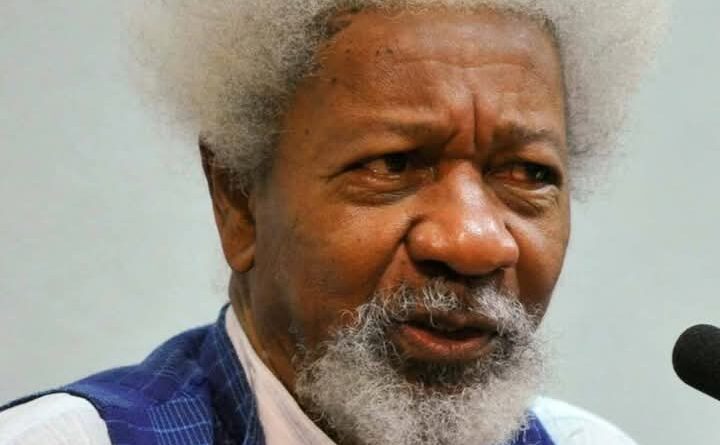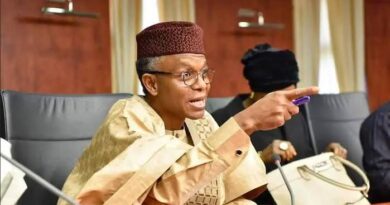Parents should speak their local language to their children —Wole Soyinka
Nobel Laureate Professor Wole Soyinka, during a visit to the University of Ilorin on Monday, emphasized the importance of cultural preservation by encouraging Africans to speak their native languages to their children.
His visit coincided with preparations for the university’s inaugural Culture Week, organized by the Centre for Cultural Studies and Creative Arts.
Speaking during a courtesy call on the Vice Chancellor, Soyinka pledged to support and implement the Centre’s plans, noting that his life’s work has always centered on the arts and cultural heritage.
“My mission in Ilorin is to implement all the plans of the Centre for Cultural Studies and Creative Arts,” he stated.
He highlighted the cultural richness of Ilorin, comparing the city to Abu Dhabi, where he teaches as a Professor of Arts and Literature at New York University.
“Ilorin serves as a meeting point of cultures, making it a highly significant location for hosting an event that celebrates cultural diversity,” he said.
Drawing on his international academic experience, Soyinka observed that “Abu Dhabi thrives on the expression of unity through various cultural traditions,” and he likened Ilorin to a microcosm of the Emirate city, underscoring its potential as a global center for cultural dialogue.
He stressed the importance of indigenous languages in preserving African identity.
“Language is a repository of culture. Africans should allow their children to speak their language for the sustainability of their traditions,” he said in response to questions from journalists.
University of Ilorin’s Vice Chancellor, Professor Wahab Egbewole, SAN, described Soyinka’s visit as a proud and historic moment for the institution.
“The university does not take Professor Soyinka’s visit for granted,” he said, noting that the Centre for Cultural Studies was envisioned with cultural icons like Soyinka in mind.
Egbewole revealed that the Centre has grown into a full-fledged academic hub with programmes spanning diploma to doctoral levels, and expressed hope that it would evolve into a world-class institution with Soyinka’s involvement.
Professor Raymond Ogunade, Director of the Centre, expressed gratitude for Soyinka’s presence, calling it a “personal and professional fulfilment.”
According to Ogunade, involving Soyinka was a priority from the outset, given his global stature and contributions to the literary and cultural landscape.
The visit was attended by key university stakeholders, including council members, provosts, deans, staff of the Centre, and other members of the academic community, who gathered to welcome the iconic scholar and celebrate the institution’s cultural vision.





